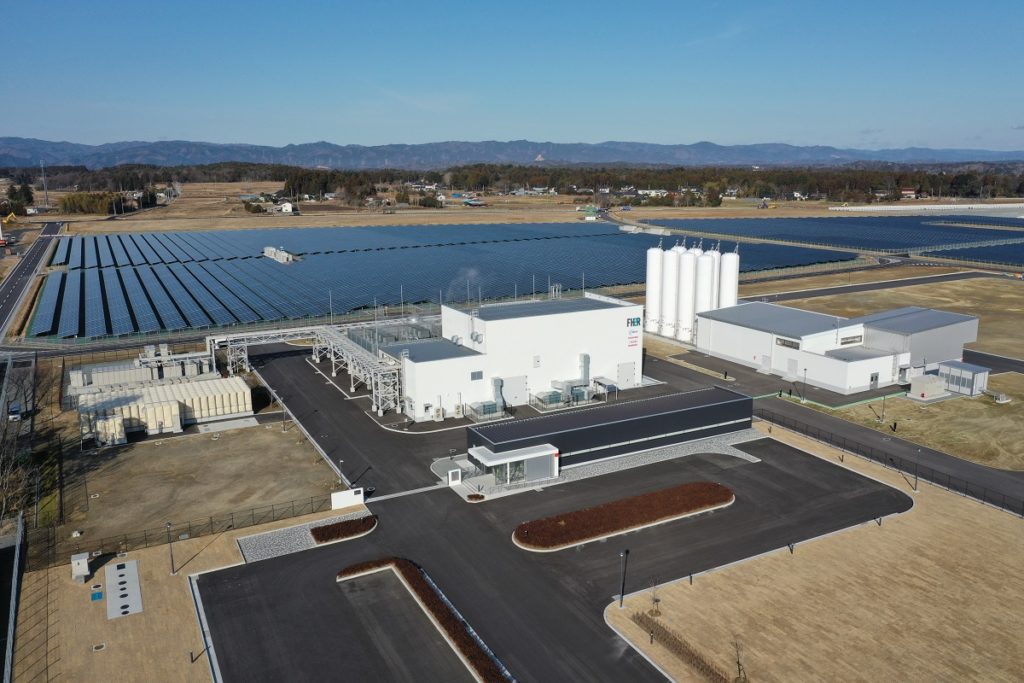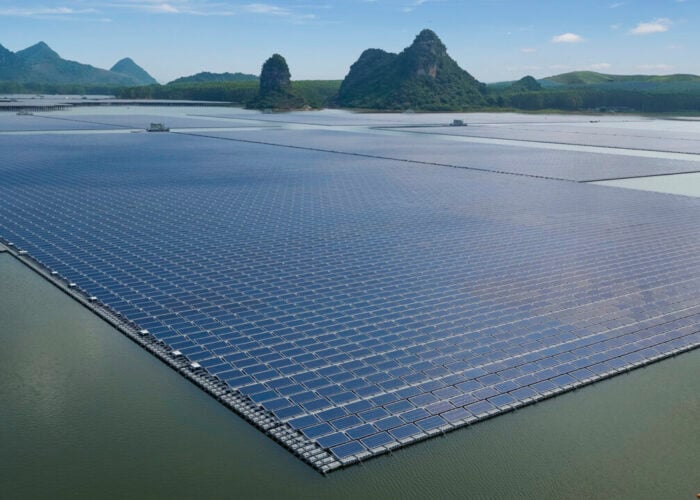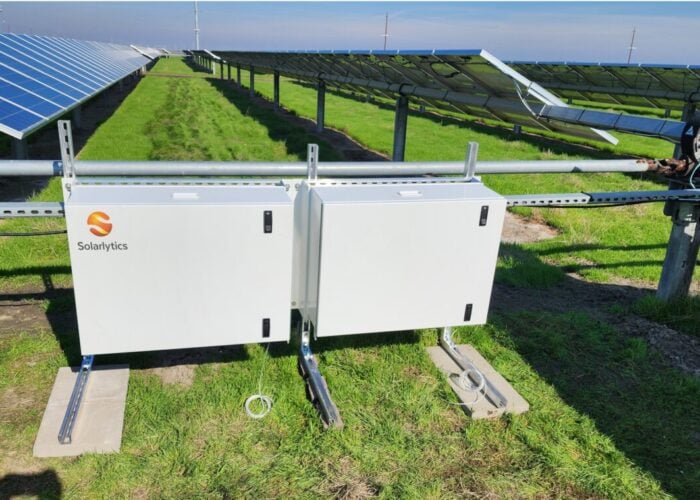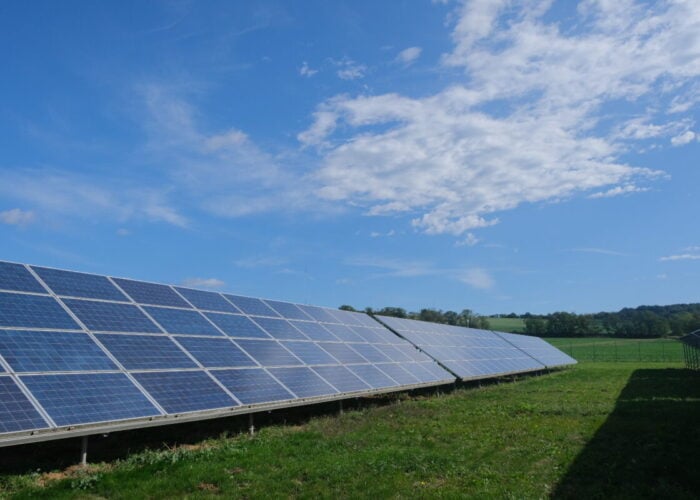
Major engineering and technology firms Worley, ABB and IBM have signed a memorandum of understanding (MoU) to collaborate on green hydrogen solutions, intending to create an “end-to-end” service for energy companies.
The MoU will see all three companies offer energy companies that might otherwise be precluded from entering the nascent green hydrogen market various services and functions.
Unlock unlimited access for 12 whole months of distinctive global analysis
Photovoltaics International is now included.
- Regular insight and analysis of the industry’s biggest developments
- In-depth interviews with the industry’s leading figures
- Unlimited digital access to the PV Tech Power journal catalogue
- Unlimited digital access to the Photovoltaics International journal catalogue
- Access to more than 1,000 technical papers
- Discounts on Solar Media’s portfolio of events, in-person and virtual
Each company would leverage its own business experience and knowledge base, Worley providing expertise in engineering, procurement and construction, ABB offering its knowledge in electrical infrastructure, automation operations digitalisation and optimisation, and energy management, while IBM’s knowledge will be in systems integration services, data framework and management solutions.
“By fast-tracking and standardizing how we engineer-design-operate, this collaboration is expected to reduce the levelized cost of green hydrogen and help our customers to decarbonize their operations further,” said Chris Gill, senior vice president of low-carbon hydrogen at Worley.
Bruno Roche, vice president, energy transition at ABB Energy Industries added: “Complementing our partners expertise with our electrification, automation and digital solutions, we will aim to enable lower production costs through smart, safe and sustainable operations.”
While relatively nascent, green hydrogen continues to attract significant interest from energy companies. Various national governments and continental blocs such as the European Union have published green hydrogen strategies in recent years with the intent of bringing production costs down below US$2/kg.







